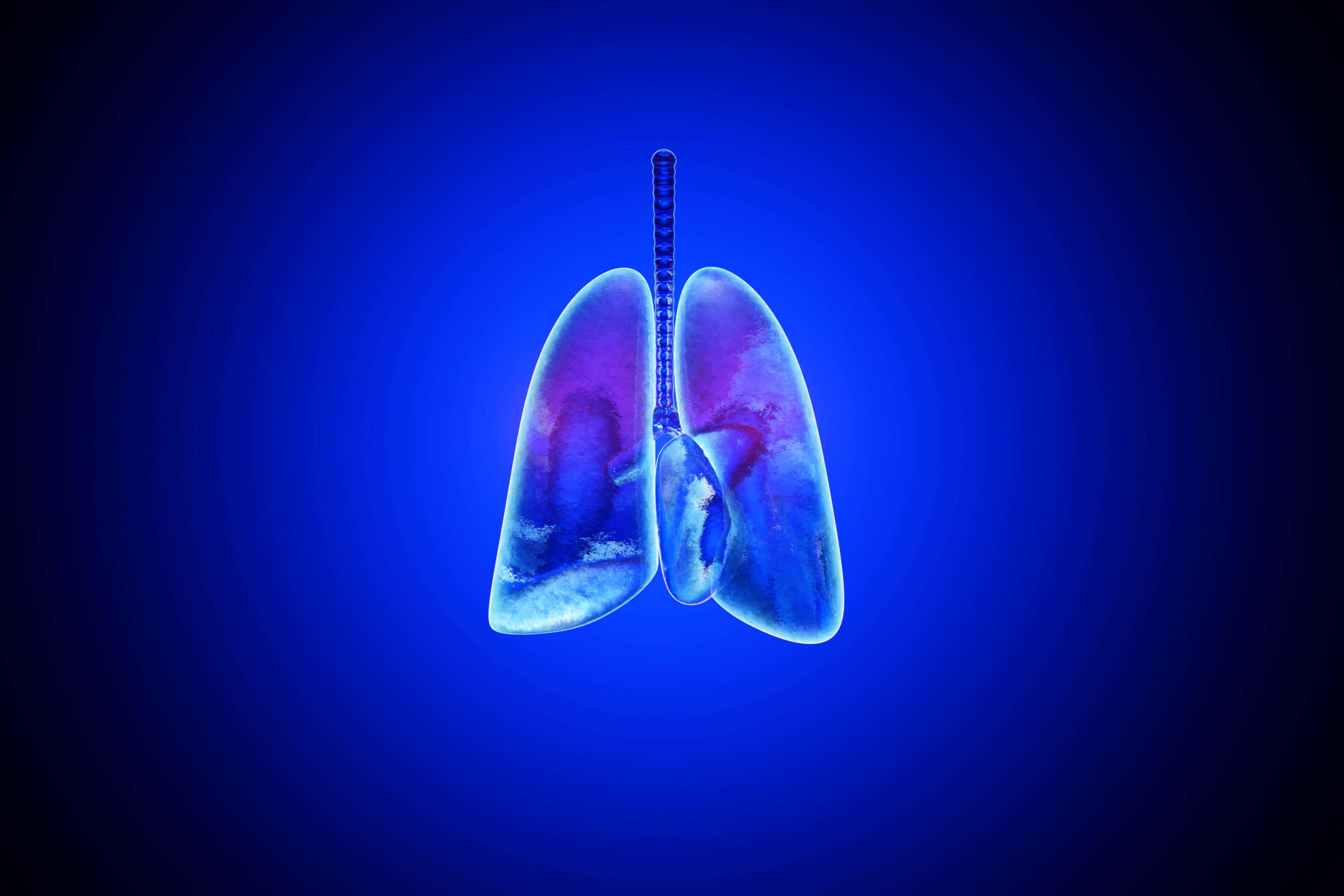Cancer caught quickly for 5,000 Britons thanks to NHS mobile screening trucks
The programme is targeted at areas of the country with the highest rates of lung cancer.

Your support helps us to tell the story
From reproductive rights to climate change to Big Tech, The Independent is on the ground when the story is developing. Whether it's investigating the financials of Elon Musk's pro-Trump PAC or producing our latest documentary, 'The A Word', which shines a light on the American women fighting for reproductive rights, we know how important it is to parse out the facts from the messaging.
At such a critical moment in US history, we need reporters on the ground. Your donation allows us to keep sending journalists to speak to both sides of the story.
The Independent is trusted by Americans across the entire political spectrum. And unlike many other quality news outlets, we choose not to lock Americans out of our reporting and analysis with paywalls. We believe quality journalism should be available to everyone, paid for by those who can afford it.
Your support makes all the difference.Britons who are at risk of developing lung cancer will now have more chances to get checked out earlier thanks to NHS mobile scanning trucks, dispatched to communities across England with the highest rates of lung disease.
Since its launch in 2019, the NHS Targeted Lung Health Check Programme has already saved more than 5,000 lives by catching lung cancer early.
The latest data indicates that, of the 5,037 diagnoses, three-quarters of those caught cancerous cells in their earliest and most treatable stage.
NHS Cancer director Dame Cally Palmer praised the new mobile model of cancer care for its efficacy in communities hardest hit by lung disease.
“These lung checks can save lives, so it’s fantastic that the NHS has been able to diagnose thousands of people at an early stage when lung cancer is potentially curable,” she said.
“The targeted lung health check programme is a new model of care with a community focus, making it easier for people to come forward in a way that works for them, whether in a supermarket car park or a sports stadium.”
She added: “It has been amazing to see the response, and initiatives like this will make a big difference in improving cancer survival for people throughout the country.”
People diagnosed with lung cancer at the earliest stages are nearly 20 times more likely to survive for five years than those whose cancer is caught later on, the NHS reports.
Lung cancer does not usually cause noticeable symptoms and is the third most common type of cancer in the UK.
Thanks to the programme’s success, the UK National Screening Committee and Government are now aiming to expand the service, seeking to go nationwide by 2030.
Cancer Research UK chief executive Michelle Mitchell believes the mobile screening vans will make a world of difference in the fight against lung cancer.
“Lung cancer continues to cause more deaths in the UK than any other cancer. Early diagnosis saves lives, which is why lung screening for people at high risk of the disease is so important,” she said.
She also praised the strong diagnostic figures the programme has seen since 2019.
“Thanks to the dedicated work of NHS staff, today’s figures reveal that the programme in England is already having a huge impact on people’s lives by bringing care into the community and offering stop-smoking support.
“Expanding the programme across England will help to catch more cancers, and we hope to see targeted lung screening implemented across the UK so people can benefit from potentially life-saving checks.
“It’s essential that people can access help to quit smoking both during and after the programme.”
The lung cancer initiative blends local hospital services and roving scanning trucks, deploying them to convenient community sites, such as supermarket car parks, sports stadiums and town centres for in-depth lung checks available to current and former smokers.
NHS data also shows that more than a third of people diagnosed with lung cancer from the most deprived areas of England were diagnosed at an earlier stage since the targeted lung health checks initiative began.
Figures provided by the taxpayer-funded healthcare service also indicate that from April 2023 to March 2024, there was a 7.4% spike in early cancer diagnoses when compared with a similar period in 2019-2020.
Lung cancer does not usually cause noticeable symptoms until it has spread through the lungs or into other parts of the body, and is the third most common type of cancer in the UK.
It causes about 35,000 deaths each year in the United Kingdom alone.
Symptoms may include:
- long-standing, worsening cough
- coughing up blood
- persistent breathlessness
- continuing tiredness or lack of energy
- unexplained loss of weight or appetiteAnyone with any of the aforementioned symptoms should visit their GP immediately to get checked out instead of waiting for a mobile lung health check.